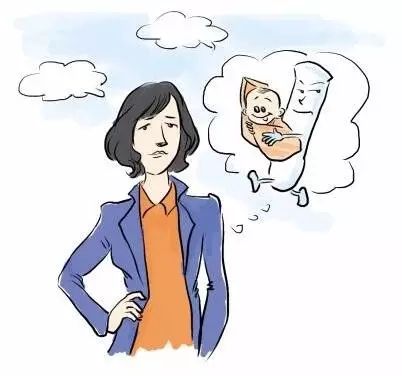Parents always pay close attention to every move of their babies, especially in the early stages of their growth. Some parents have noticed that their six-month-old baby frequently shakes their head, which has raised concerns. This behavior could be related to several factors:
Firstly, the head shaking could be a sign of calcium deficiency. In the initial stages of calcium deficiency, babies may appear easily startled, sweaty, have disrupted sleep, and in severe cases, abnormalities in bone development may occur. If signs like night terrors or restlessness are observed in the baby, calcium supplementation should be considered promptly.
Secondly, if the baby’s head examination appears normal but they continue to shake their head frequently, especially accompanied by crying during sleep, it could be related to skin issues such as eczema. Eczema is an allergic skin condition commonly seen in babies allergic to cow’s milk protein, with symptoms including dry, red, blistered, and inflamed skin. This discomfort might prompt the baby to relieve themselves by shaking their head.
To reduce the frequency of the baby’s head shaking, parents can take the following measures:
1. Positive demonstration: Utilize the baby’s natural tendency to mimic by using head nodding for affirmation and head shaking for negation, guiding the baby to learn proper communication methods.
2. Appropriate neglect: After confirming the baby’s health, if the head shaking is merely for seeking attention, temporarily not responding can encourage the baby to explore other ways of interaction. Once the baby shows positive behavior, provide immediate positive feedback and encouragement.
3. Increase calcium intake: Addressing the potential calcium deficiency, increase consumption of calcium-rich foods and consider appropriate calcium supplementation. Additionally, outdoor activities and sunlight exposure aid in promoting calcium absorption.
Faced with the baby’s head shaking behavior, parents should observe attentively and take corresponding measures based on the specific situation. On one hand, assist the baby in improving through lifestyle adjustments and habit training; on the other hand, if health issues are suspected, consult a professional doctor promptly to ensure the baby’s healthy development.


